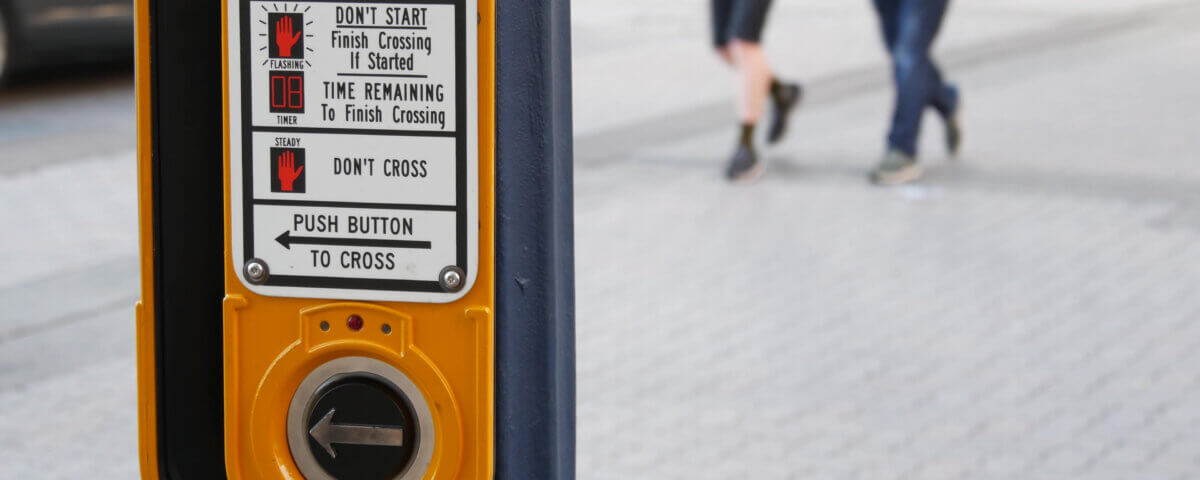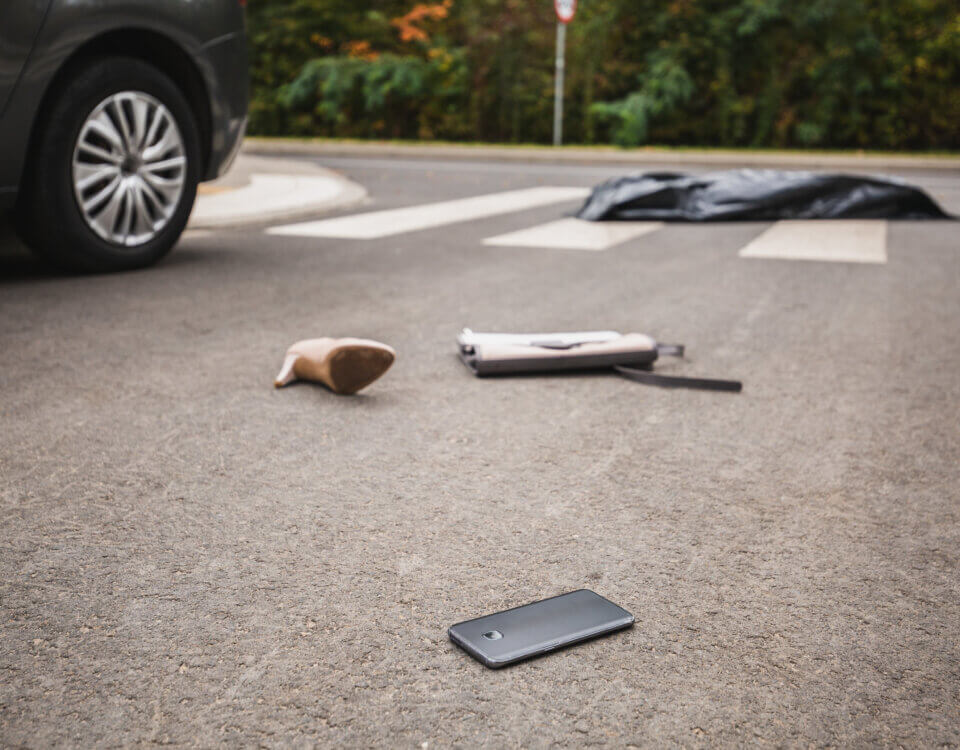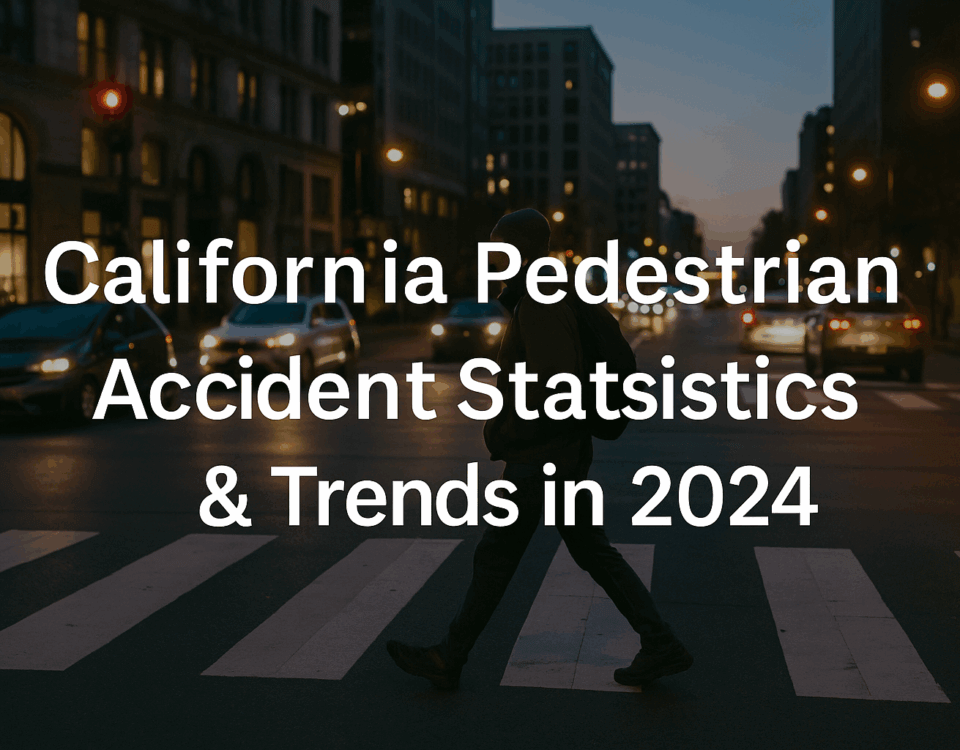Walking across the street outside a crosswalk used to be risky not just physically but legally. In Los Angeles, that perception has shifted in recent years as new laws have reshaped how jaywalking is handled.
California’s Freedom to Walk Act
In January 2023 California introduced the Freedom to Walk Act. This law eased restrictions that once made crossing outside a marked crosswalk automatically illegal. Today pedestrians are allowed to cross the street when it is safe to do so. Police officers are no longer permitted to issue a citation if the pedestrian is not placing themselves or others in immediate danger. However, if someone suddenly steps into traffic or crosses in a clearly unsafe manner, they can still face penalties.
What Still Counts as Illegal Jaywalking
Although the law relaxed enforcement, it does not give pedestrians unlimited freedom. Crossing between intersections controlled by traffic lights without using a crosswalk can still be considered a violation if the act creates a risk of collision. The deciding factor is whether a reasonable person would recognize the crossing as unsafe. If the action is reckless or forces drivers to suddenly swerve or stop, a citation may still be issued.
Decriminalization versus Legalization
A common misunderstanding is that jaywalking is now completely legal. In truth, the new law decriminalized safe crossings but did not fully legalize the practice. Unsafe jaywalking remains against the law and can result in fines of around two hundred dollars.
Why the Law Changed
Lawmakers acted after evidence showed that jaywalking tickets disproportionately impacted certain communities, particularly people of color and low income residents. The change was designed to create more fairness in enforcement while recognizing that many pedestrians cross safely when streets are clear.
What This Means After an Accident
If a pedestrian is struck by a vehicle, whether or not they were in a crosswalk may still play a role in determining fault. California follows a pure comparative negligence rule, which allows injured pedestrians to seek compensation even if they share part of the blame. However, if the pedestrian crossed recklessly or ignored obvious dangers, their percentage of responsibility may reduce the amount they can recover.
Final Thoughts
Jaywalking in Los Angeles is no longer automatically a crime, but that does not mean it is always safe or without legal consequences. Pedestrians should still use caution and drivers must remain alert. If you or someone you love has been hurt in a pedestrian accident, Hillstone Law is here to protect your rights and fight for the compensation you deserve.
Note: These blog posts are created solely for the use of Hillstone Law. The information is gathered from internet research, publicly available sources, and artificial intelligence (AI) tools such as ChatGPT. While we aim to share helpful and educational content, Hillstone Law does not independently verify every detail. Some information may be incomplete, outdated, or subject to change without notice. If you believe any part of a post is inaccurate, misleading, or infringes upon copyright, please contact Hillstone Law immediately so we can review it and take appropriate action, including correction or removal.
Disclaimer: The material provided in these blogs is for general informational purposes only and should not be considered legal advice. Reading these posts does not create, and is not intended to create, an attorney-client relationship with Hillstone Law. Our intent is to share knowledge, raise awareness, and provide helpful resources to the public; however, Hillstone Law makes no warranties or guarantees about the accuracy, completeness, or reliability of the information provided, and expressly disclaims liability for any actions taken in reliance on it. The photos used in these posts are for illustrative purposes only and do not depict actual clients, individuals, or incidents unless expressly stated. If you or a loved one has been injured in an accident, please contact Hillstone Law at (855) 691-1691. Our attorneys are available to answer your legal questions and help you understand your rights.








